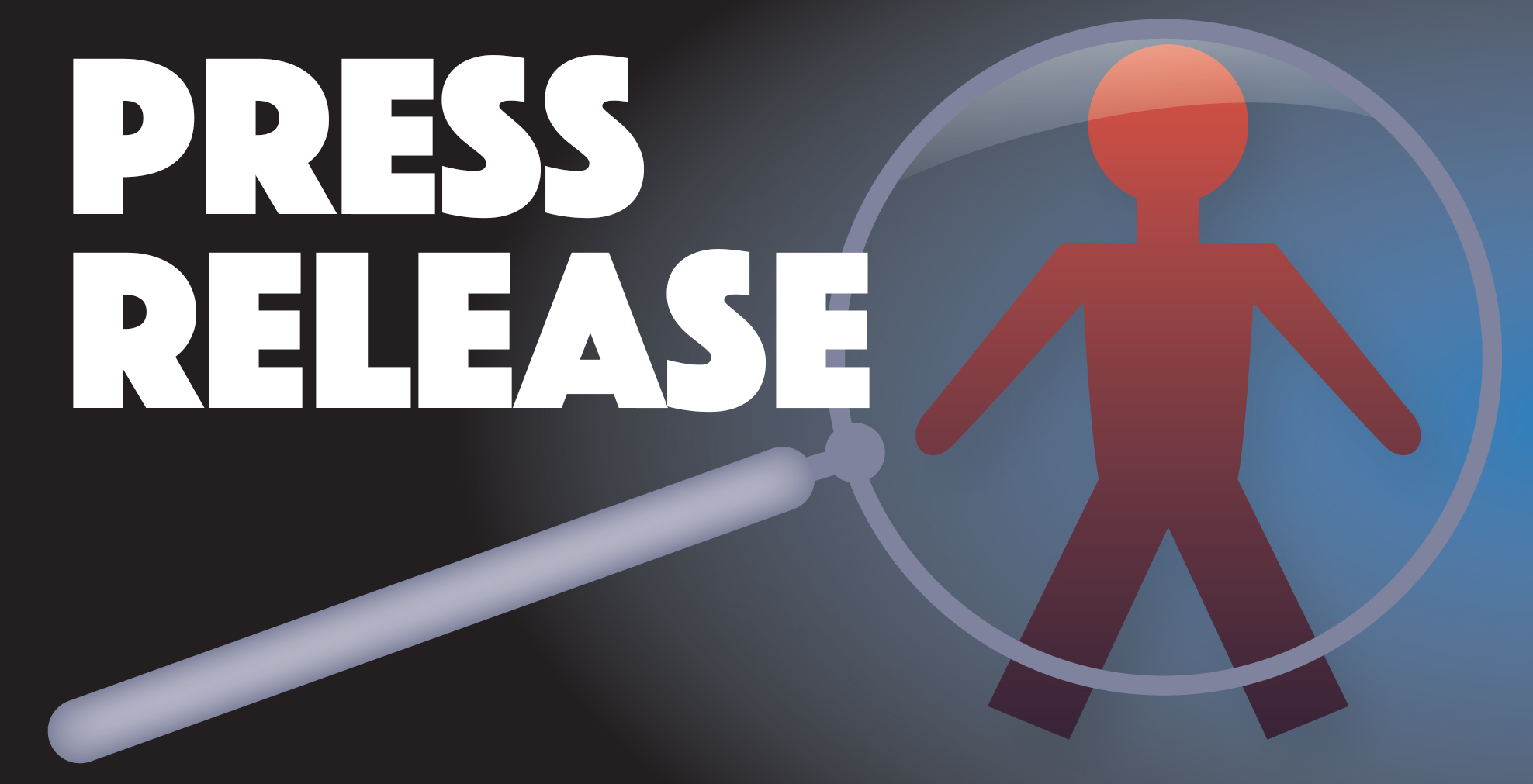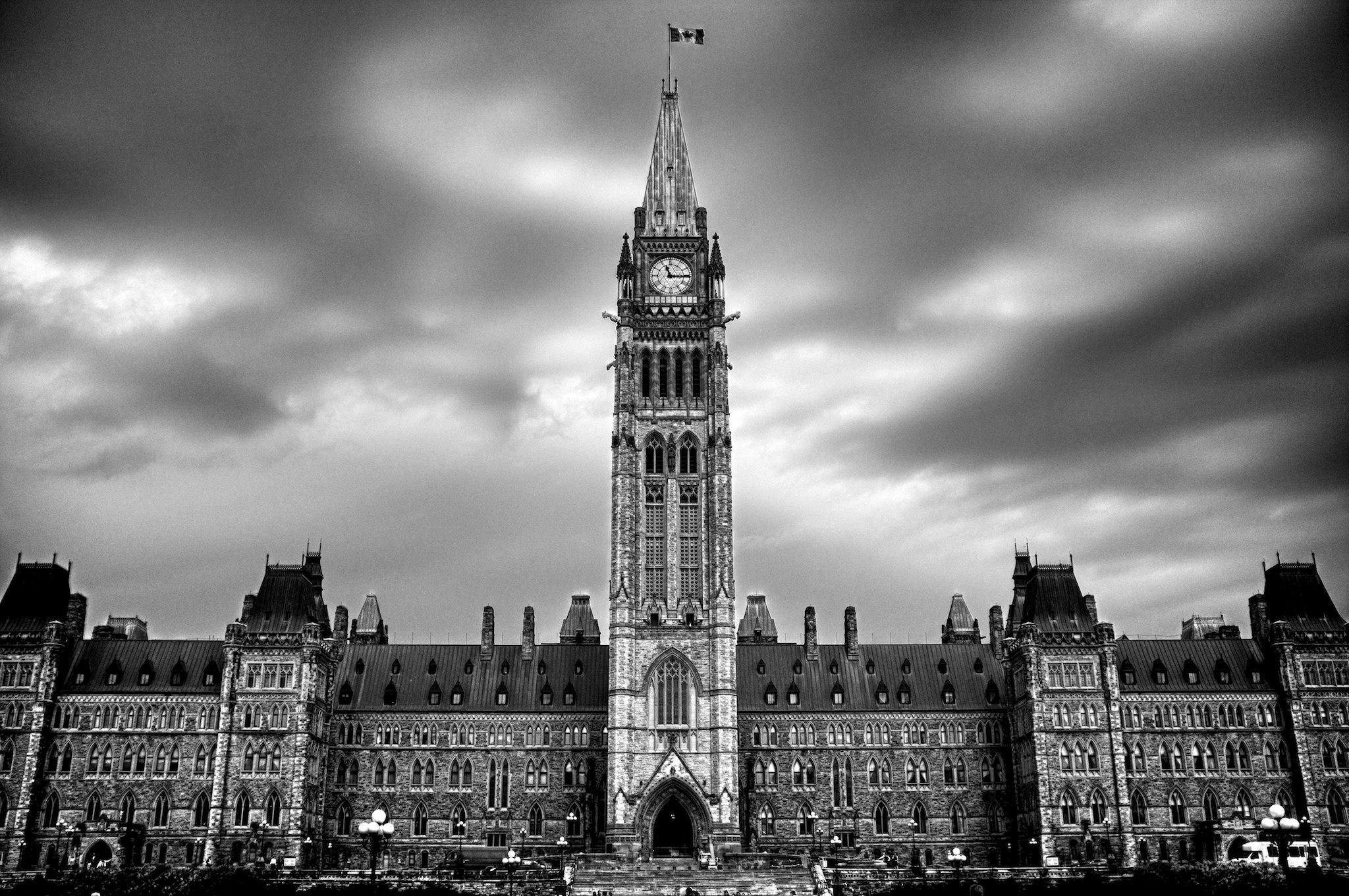 Ottawa, April 4, 2017 —The Canadian Senate must take action to ensure the credibility and effectiveness of national security oversight in Canada, says the International Civil Liberties Monitoring Group (ICLMG), a coalition of more than 40 Canadian organizations dedicated to defending civil liberties from the impact of national security and anti-terrorism laws.
Ottawa, April 4, 2017 —The Canadian Senate must take action to ensure the credibility and effectiveness of national security oversight in Canada, says the International Civil Liberties Monitoring Group (ICLMG), a coalition of more than 40 Canadian organizations dedicated to defending civil liberties from the impact of national security and anti-terrorism laws.
“We are gravely disappointed and concerned that the Canadian government has allowed flawed national security oversight legislation to pass through the House of Commons,” said Tim McSorley, national coordinator of the ICLMG. “We are urging the Senate to take action to improve the proposed Committee of Parliamentarians, giving it the tools and capabilities necessary to carry out its crucial duties.”
The ICLMG’s statement came as the House of Commons voted at third reading in favour of Bill C-22, sending it to the Senate. Bill C-22 aims to create a Committee of Parliamentarians to oversee national security and intelligence laws and activities in Canada, and was introduced in June 2016 by Liberal House Leader Bardish Chagger.
The coalition is asking senators, including the Senate Committee on National Security and Defense, to amend C-22 to:
- Allow the committee access to all documents and information necessary for its members to accomplish their work;
- Restrict the ability of the Canadian government, including ministers and the Prime Minister’s Office, to block investigations – especially on broad grounds of national security;
- Grant the Committee of Parliamentarians the same power as parliamentary committees to compel people to appear and for documents to be provided;
- Allow the committee to seek judicial review of government decisions that would restrict the committee’s access to information, deny their ability to carry out specific investigations, or block sections of committee reports from being made public.

 Ottawa — The International Civil Liberties Monitoring Group (ICLMG) is disappointed that the Liberal government continues to refuse to make important changes to Bill C-22, which would create a Committee of Parliamentarians to oversee national security activities and policies. Last Friday, March 24, the government voted down an NDP motion to send Bill C-22 back to the Standing Committee on Public Safety and National Security (SECU) for further study.
Ottawa — The International Civil Liberties Monitoring Group (ICLMG) is disappointed that the Liberal government continues to refuse to make important changes to Bill C-22, which would create a Committee of Parliamentarians to oversee national security activities and policies. Last Friday, March 24, the government voted down an NDP motion to send Bill C-22 back to the Standing Committee on Public Safety and National Security (SECU) for further study.